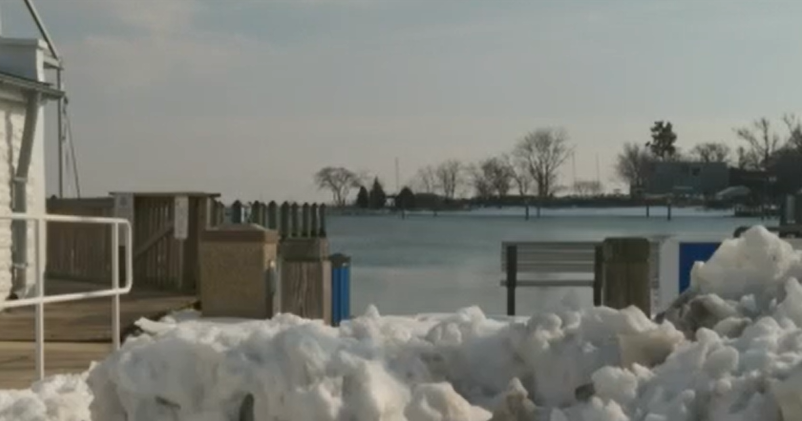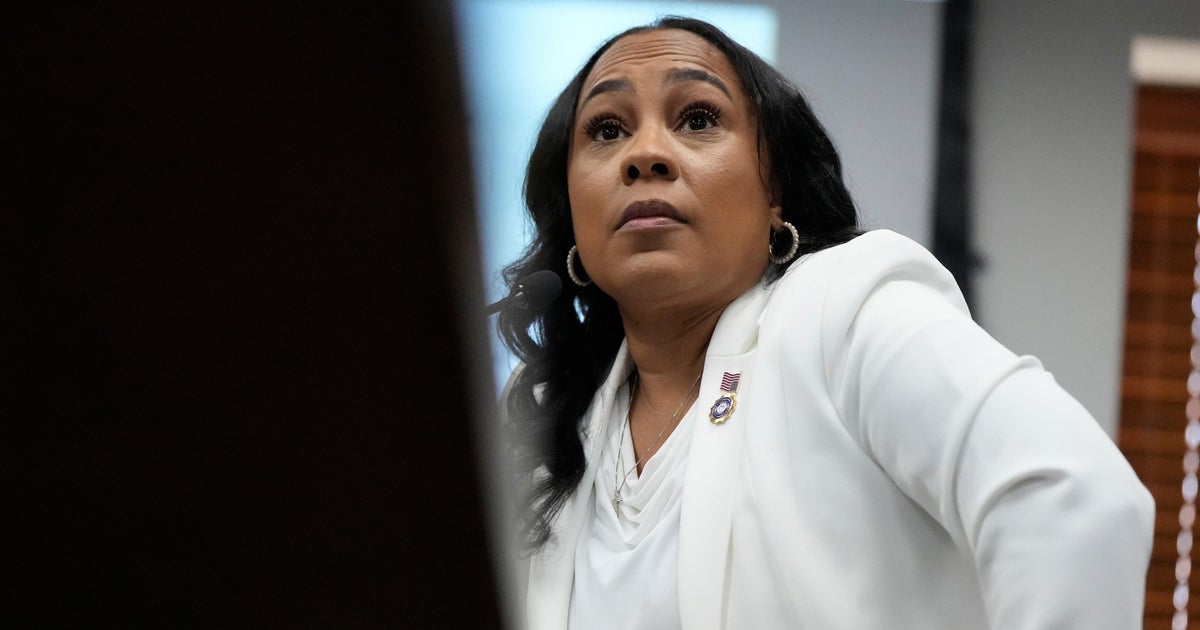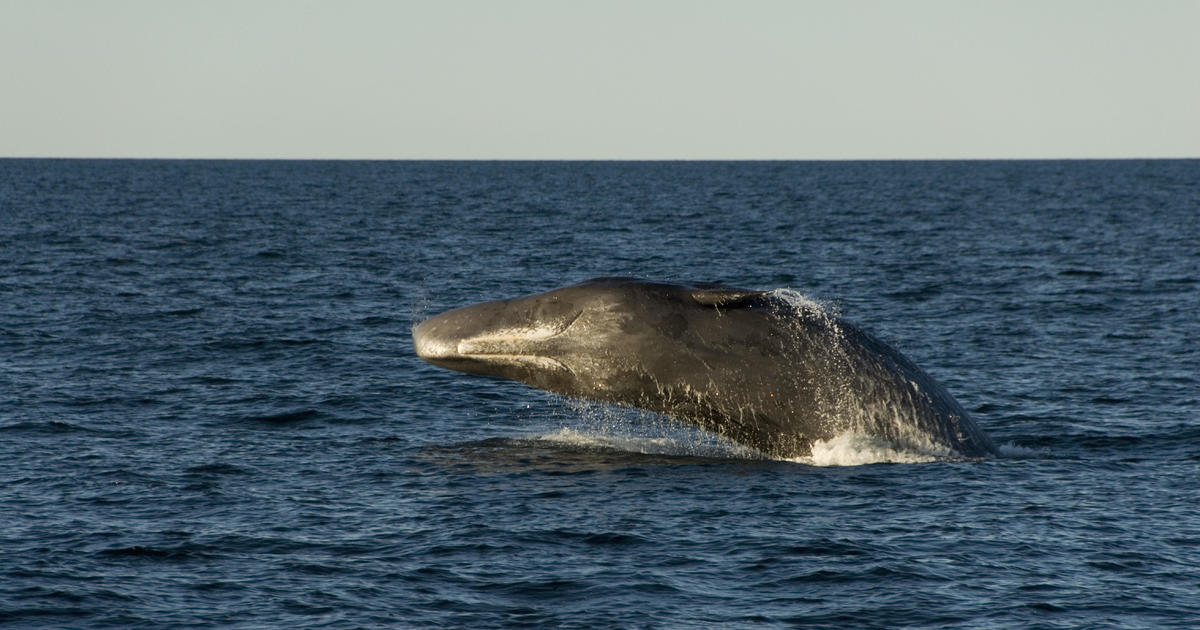Suit Opposes Chesapeake Bay Pollution Trading
WASHINGTON (AP) -- Environmental groups filed suit Wednesday to have pollution trading removed from the federal government's Chesapeake Bay restoration plan.
Food & Water Watch spokesman Scott Edwards said the group filed suit in federal court along with Friends of the Earth.
The groups, which are being represented by Columbia Law School's Environmental Law Clinic, believe the restoration strategy is not strict enough and want trading to be eliminated from the plan being implemented by the Environmental Protection Agency.
Pollution trading allows some polluters to buy credits for cuts made by others. Maryland, Virginia, Pennsylvania and West Virginia already have state programs, but a bay-wide program does not exist.
Supporters argue a trading program could encourage additional cuts by some polluters who could then sell credits. However, others have cautioned that trading must be monitored to guard against fraud and ensure that low-income and minority communities are not disproportionately affected.
A request for comment from the Department of Justice on the suit was not immediately returned Wednesday. Attorneys for Chesapeake Bay Foundation, which has supported trading, had not yet reviewed the suit, said foundation spokesman Tom Zolper.
The suit was filed the day before a court hearing in Pennsylvania by farm groups and others that are opposing the bay restoration strategy. The groups are arguing the model used to develop the strategy is flawed and the public was not given enough time to comment on, or information about the new strategy.
Edwards said unlike the farm groups that want to toss out the strategy, the two environmental groups believe the strategy "needs to be made much stronger."
"We're seeking to have the market trading provisions stripped out and the rest we want to leave in place," Edwards said.
(Copyright 2012 by The Associated Press. All Rights Reserved.)







